Charitable trusts are so powerful, we sometimes call them “give it twice” trusts. First off, here’s a quick overview of the different types of charitable trusts, and who might consider one.
But while they mean a huge gift to charity and a tax-efficient income stream to loved ones (or you!), they’re not without some caveats. Here are a few reasons to consider–or hold off on–setting up a charitable trust as part of your legacy plan:
Reasons to Consider a Charitable Trust
Charitable trusts are pretty flexible. We’ve seen them work well for people in all stages of life, single individuals and large families, the super-wealthy, the tax-savvy, and even those who would never consider themselves “philanthropic.” Here are some of the top reasons we encourage people to at least consider incorporating a charitable trust in their legacy plan:
1. You can fund them now or later.
You can set them up during life to create a stream of income for yourself or your family–with a gift to charity at the start or end of the term. Or you can also set them up to be funded at your death, creating an elegant and tax-efficient stream of income for your loved ones while also giving to charity. We’ve helped a client liquidate a rental property to fund a CRUT–creating retirement income with far less hassle than maintaining the property. We’ve also helped people set up charitable trusts that won’t actually get funded until they’re gone; they simply choose which assets will fund the trust someday, and they will bypass the probate process and funnel quickly and efficiently to an entity that will benefit their family and favorite causes.
2. There are several kinds of charitable trusts.
There are Charitable Remainder Unitrusts (CRUTS), Charitable Remainder Annuity Trusts (CRATS), Charitable Lead Trusts (CLTs)–to name a few. These can achieve just about any financial goal, but it’s important to pick the right one(s) for your situation. In meeting two of our signature Legacy Planning Program, we walk people through custom illustrations of what’s possible through their legacy plan by incorporating a trust–or not.
3. You can fund them with many different types of assets.
Depending on when you’re funding the trust (during life or at death), you may consider contributing art, cash, collectibles, crops, IRA funds, livestock, machinery, patents/copyrights, real estate, private or public stock, or even virtual currency like Bitcoin.
4. You’ll get an immediate charitable tax deduction–or your eventual estate (and/or heirs) will get the tax benefits.
5. They can create a stream of income for you or your loved ones.
6. They might help you give your biggest charitable gift ever.
It’s not uncommon for a client to be shocked when we run illustrations and they get to see their potential long-term impact on paper. By investing well and avoiding unnecessary tax, charitable trusts can make a huge difference for a family’s financial picture–and also the positive difference they’re able to make.
Reasons to Think Twice Before Setting up a Charitable Trust
So far, charitable trusts probably sound so good you’re wondering why anyone wouldn’t set one up. In most cases, we tend to agree with you–and we almost always propose at least one legacy plan option with a charitable trust incorporated, just for our clients to compare. But here are some reasons that make some people go a different route:
1. Some estates aren’t a great fit for a charitable trust.
People with very large estates sometimes opt to create a full-fledged family foundation in order to reach some of these same goals, but maintain more control over their charitable intentions. There’s a lot of cost and oversight that comes with going that route, but it’s a good idea in some cases! On the flip side, very small estates–or, more specifically, estates with very few pre-tax or appreciated assets–might not benefit enough to outweigh the cost of setting one up. We can help you discern if it’s right for you.
2. Setting up a charitable trust is not free.
We’re advocates for everyone seeking wise counsel before they create an estate plan–ideally, from a third-party consultant (like Apex) as well as your financial advisor. And once you determine what you want your plan to do for you, there will be legal fees to set up the documentation. We’ve seen legal fees run from $600 for a will and/or revocable trust to $5,000 for a full suite of legal documents, depending on the complexity of the estate. There’s some cost there, although we’d argue it’s a worthwhile investment that will save you in the long run!
3. Charitable trusts are irrevocable.
Because of the significant tax benefits involved, once you’ve funded a charitable trust, you can’t make changes. In general, we encourage our clients to use revocable living trusts (RLTs) to simplify their estates or maximize giving to people and charities utilizing appreciated or pre-tax assets they don’t need to maintain their day-to-day lifestyle. If you want to maintain access to your assets or the ability to make changes–albeit without quite the same tax benefits–consider creating a living trust or a simple will.
4. A trust is a long-term planning tool.
You–or your heirs–will get trust income over time, with one major disbursement going to charity/charities. This means that the assets are essentially “locked up” for that term, and no longer a part of the estate proper. Depending on how you set up the trust, you might be getting a huge tax write-off for contributing appreciated assets–think business interest, Bitcoin, real estate, or stocks–and bypassing Capital Gains tax. It creates a stream of income and also thus minimizes the estate or income tax that you, or heirs, may pay on the assets. But if you want the assets to get in your beneficiaries’ hands more quickly, it may be a better option to simply gift those assets outright to your loved ones or charity/charities. There may or may not be more tax involved–but there won’t be a waiting period, either.
